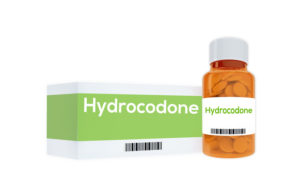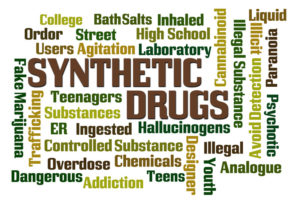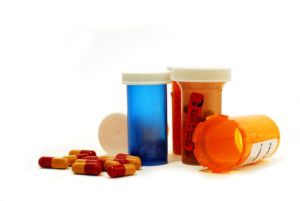Understanding Controlled Dangerous Substance Arrests
Drug offenses are the leading cause of arrest in the United States, with a staggering 83.9% of these arrests going to the possession of a controlled substance. After a drug arrest, you will likely have many questions, and discerning the potential punishment for a specific substance can be difficult if you aren’t familiar with the law.
What is a Controlled Substance?
A “controlled dangerous substance” (or CDS) is anything deemed by the state of Texas to be illegal. This can apply both to street drugs and misused prescription drugs as well as sometimes to the materials used to make drugs. Controlled substances can also apply to marijuana, but that topic is so extensive that we will cover it separately.
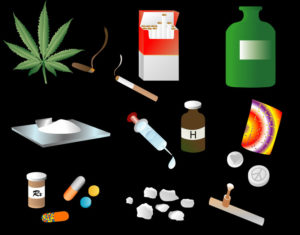
When determining the severity of the substance, the state of Texas divides different drugs into different penalty groups. Many prescription drugs fall into these penalty groups if they are knowingly possessed without a valid prescription from a licensed doctor. Here is a brief list of the most popular drugs and their penalty grouping.
| Penalty Group 1
|
Hydrocodone/Vicodin, Oxycontin/Oxycodone, GHB, Cocaine, Heroine, Crack, Methamphetamines, Ketamine, other opiates
|
| Penalty Group 1-A
|
LSD or acid
|
| Penalty Group 2
|
Adderall/Dextroamphetamine, Bath Salts, Molly, PCP, Peyote/Mescaline, Ecstacy, Mushrooms, MDMA, other hallucinogens
|
| Penalty Group 2-A
|
Spice, K2
|
| Penalty Group 3
|
Alprazolam/Xanax, Codeine
Clonazepam, Diazepam Hydrocodone (at a certain dosage), Lorazepam Ritalin, Valium, Testosterone or HGH, other stimulants
|
| Penalty Group 4
|
Morphine, Opium, compounds containing Dionine, Motofen, or other drugs, and a “catch all” for other drugs as yet undetermined.
|
Potential Punishments For Controlled Substances
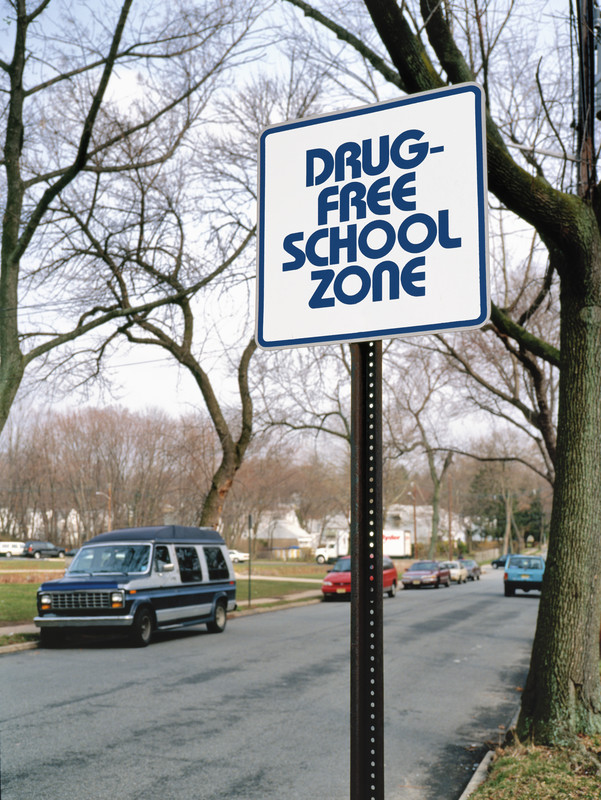 Punishments for possessing or distributing these drugs vary widely depending on the quantity and penalty group of the drug as well as past history. Each of the penalty groups are classified as felonies with penalties that range in severity from 180 days in jail and/or fines beginning at $10,000 to 99 years in jail and fines up to $250,000.
Punishments for possessing or distributing these drugs vary widely depending on the quantity and penalty group of the drug as well as past history. Each of the penalty groups are classified as felonies with penalties that range in severity from 180 days in jail and/or fines beginning at $10,000 to 99 years in jail and fines up to $250,000.
Additional felonies can accumulate based on if the seller of the substance was near a place where minors congregate or how you spent or invested any profits made from selling a controlled substance.
Punishments can be as far reaching as the seizure of vehicles, homes and/or personal property that has some connection to the substances, even if you are not convicted of the drug charges.
What Can I Do to Help Myself?
After a drug arrest, your top priority should be contacting an attorney who can help you navigate your legal proceedings. The difference between a good attorney who challenges legality of a search or witness is critical to your future freedom and security. Call me today and we can begin working together to help you.
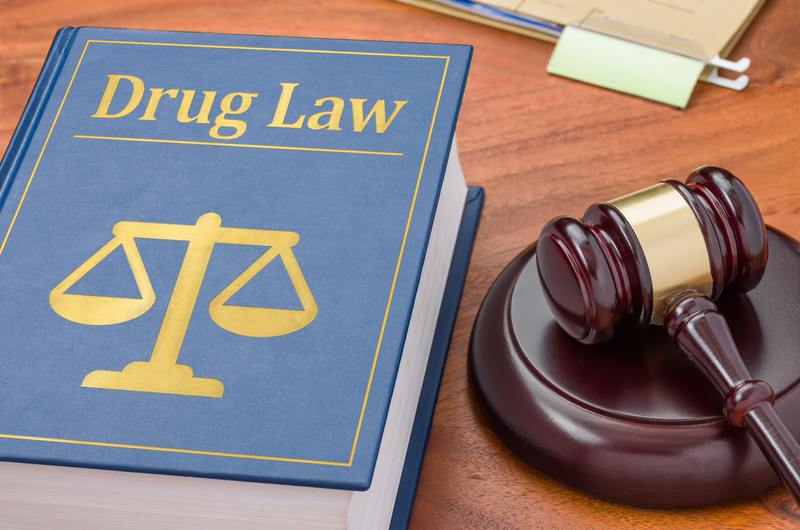
Contact The Law Office Of Shane Lewis To Schedule A Free Consultation

